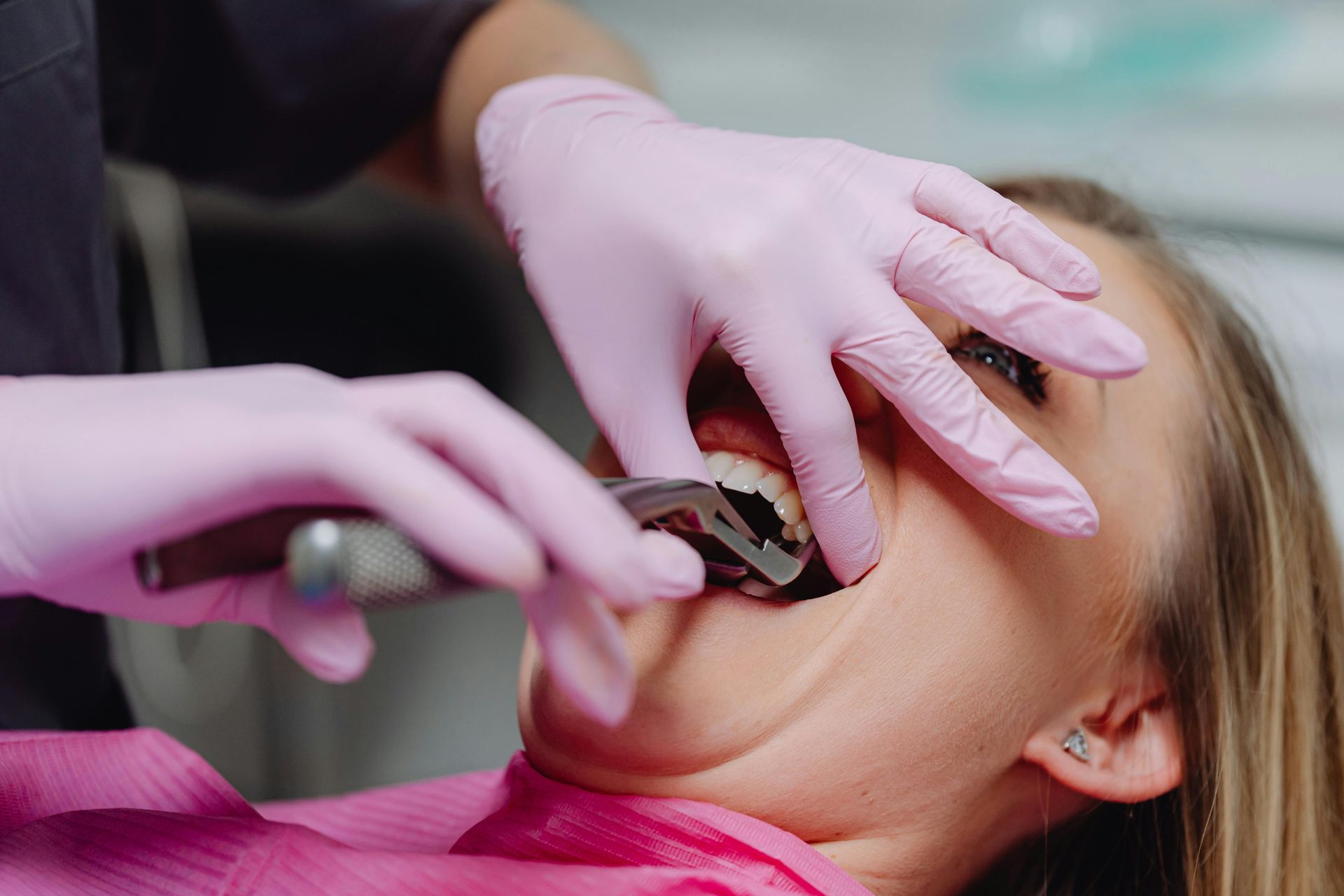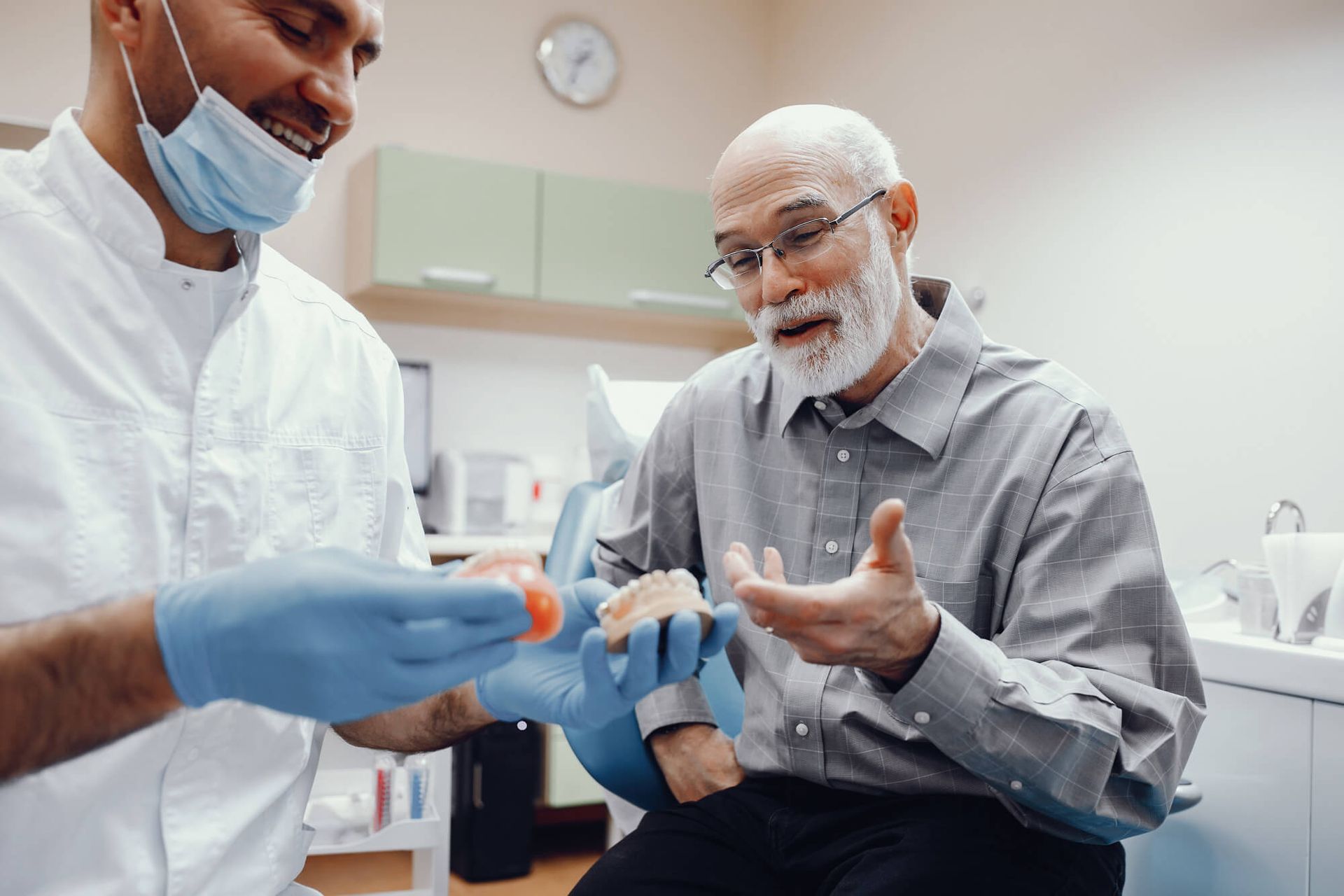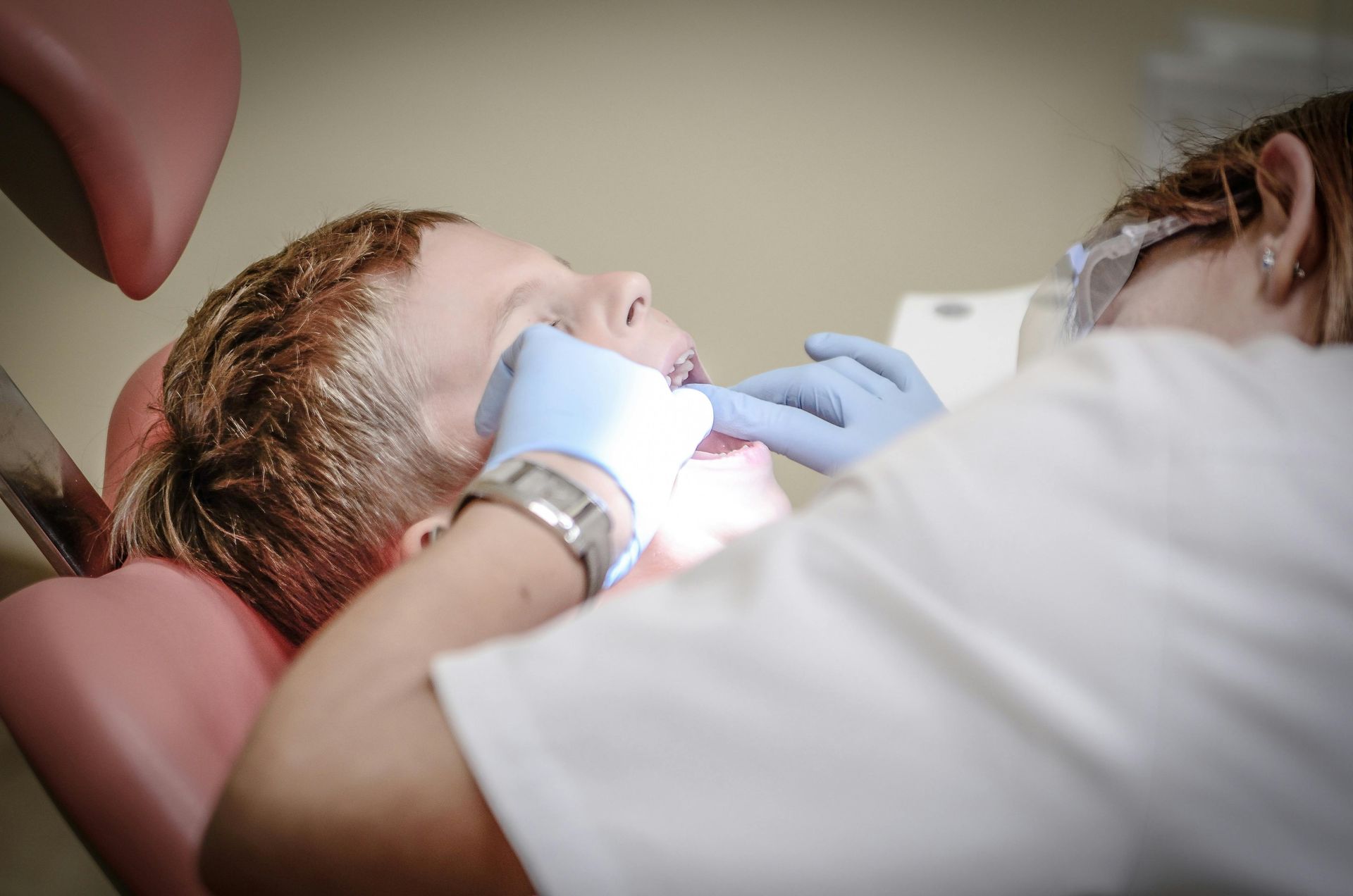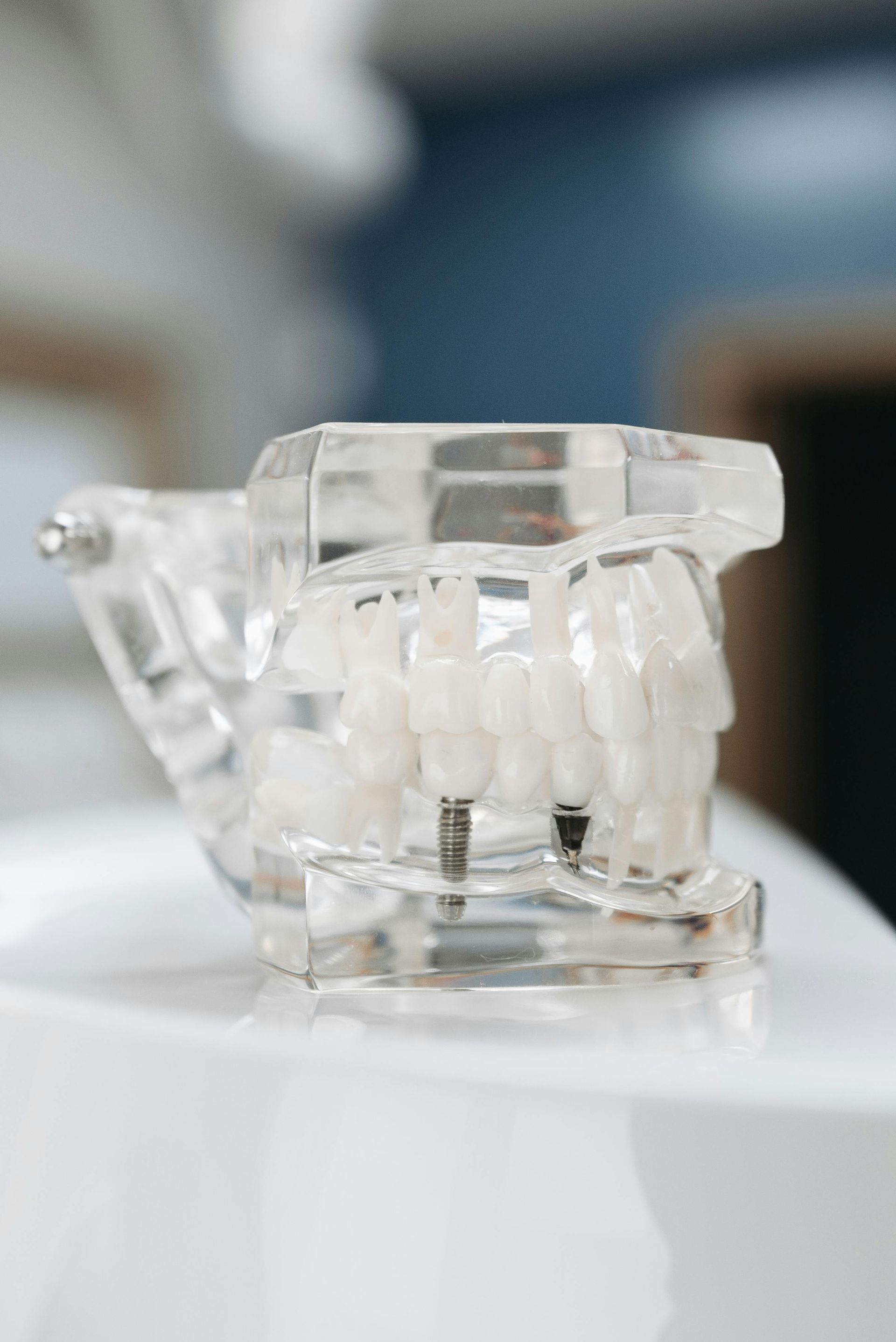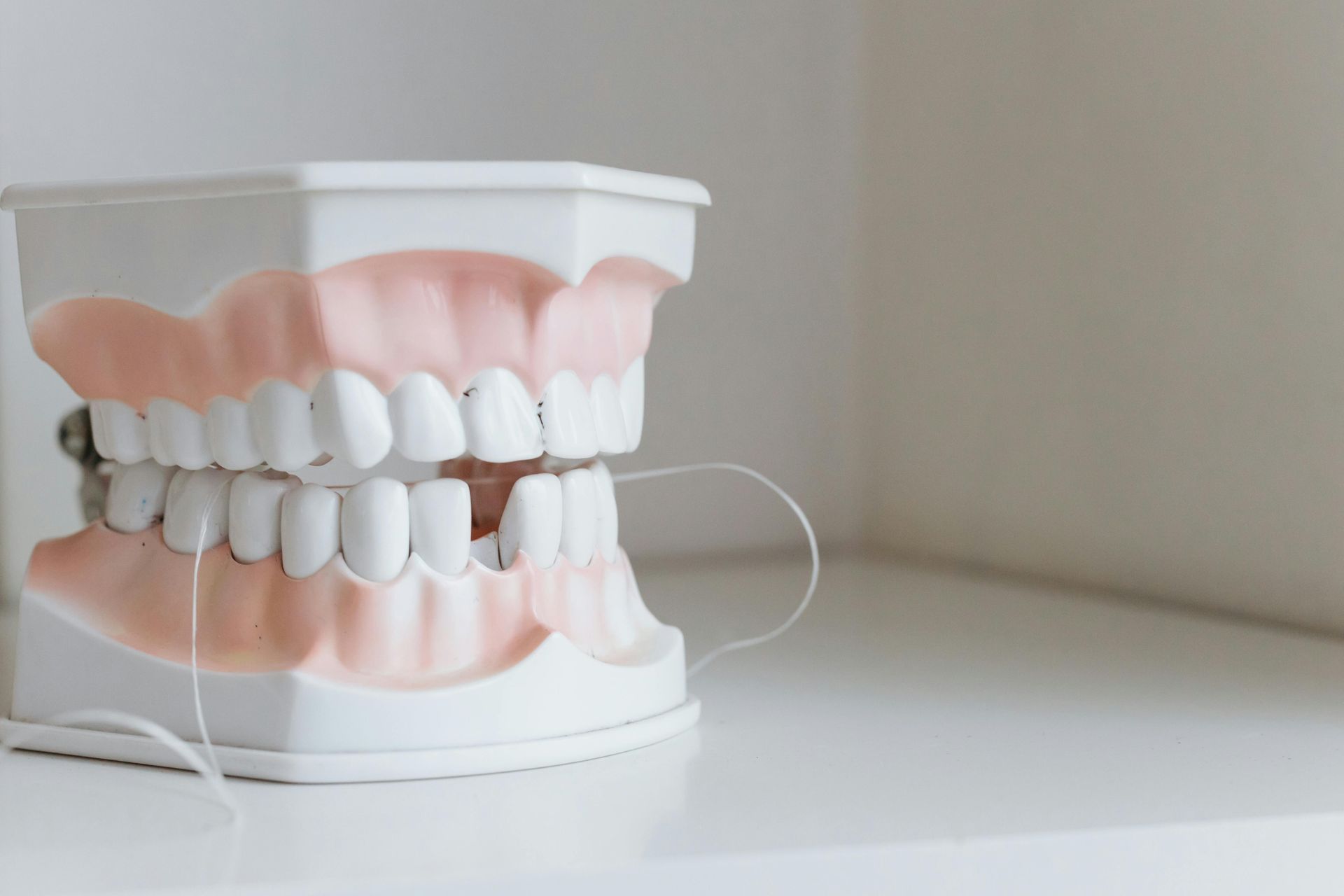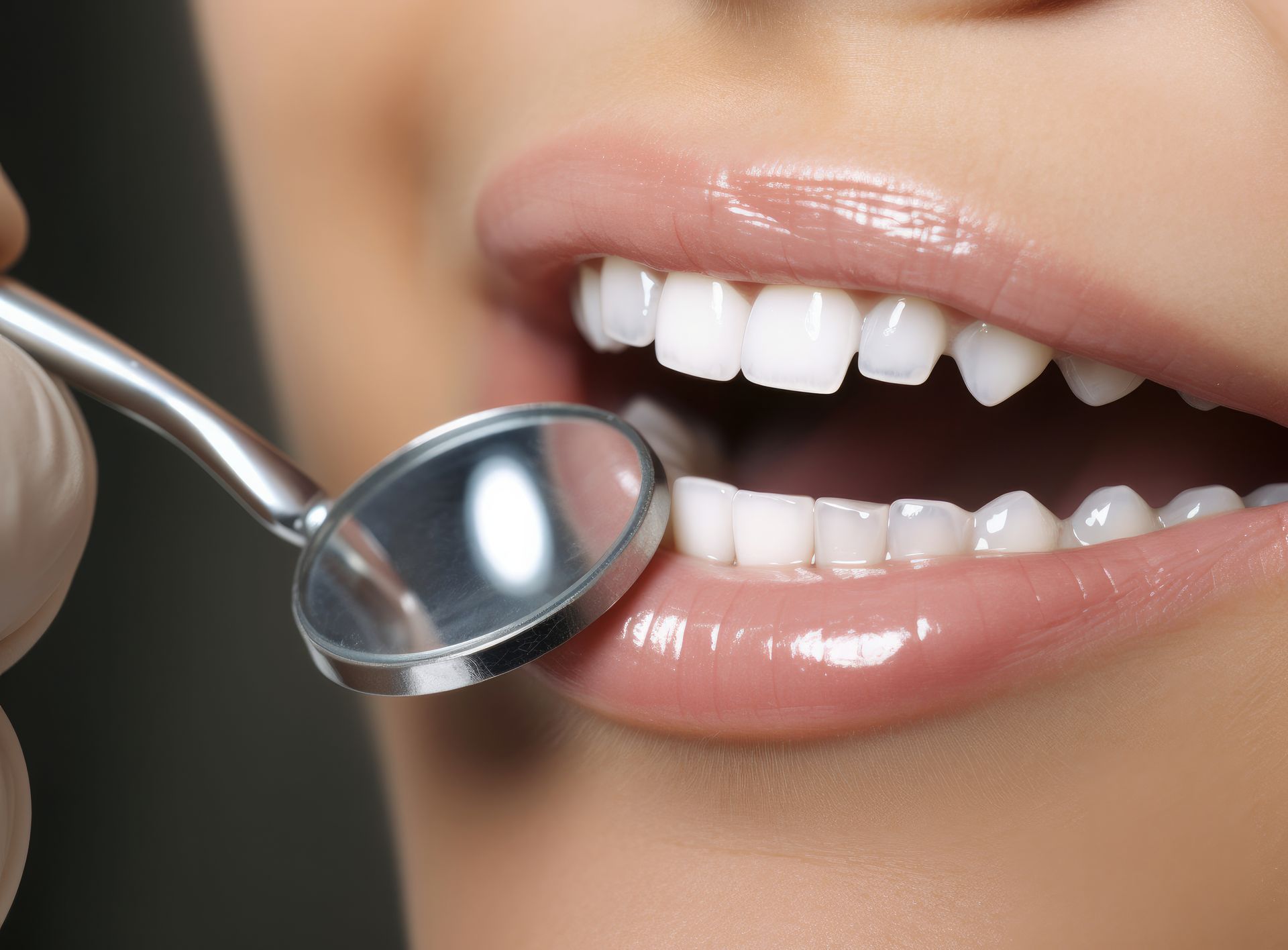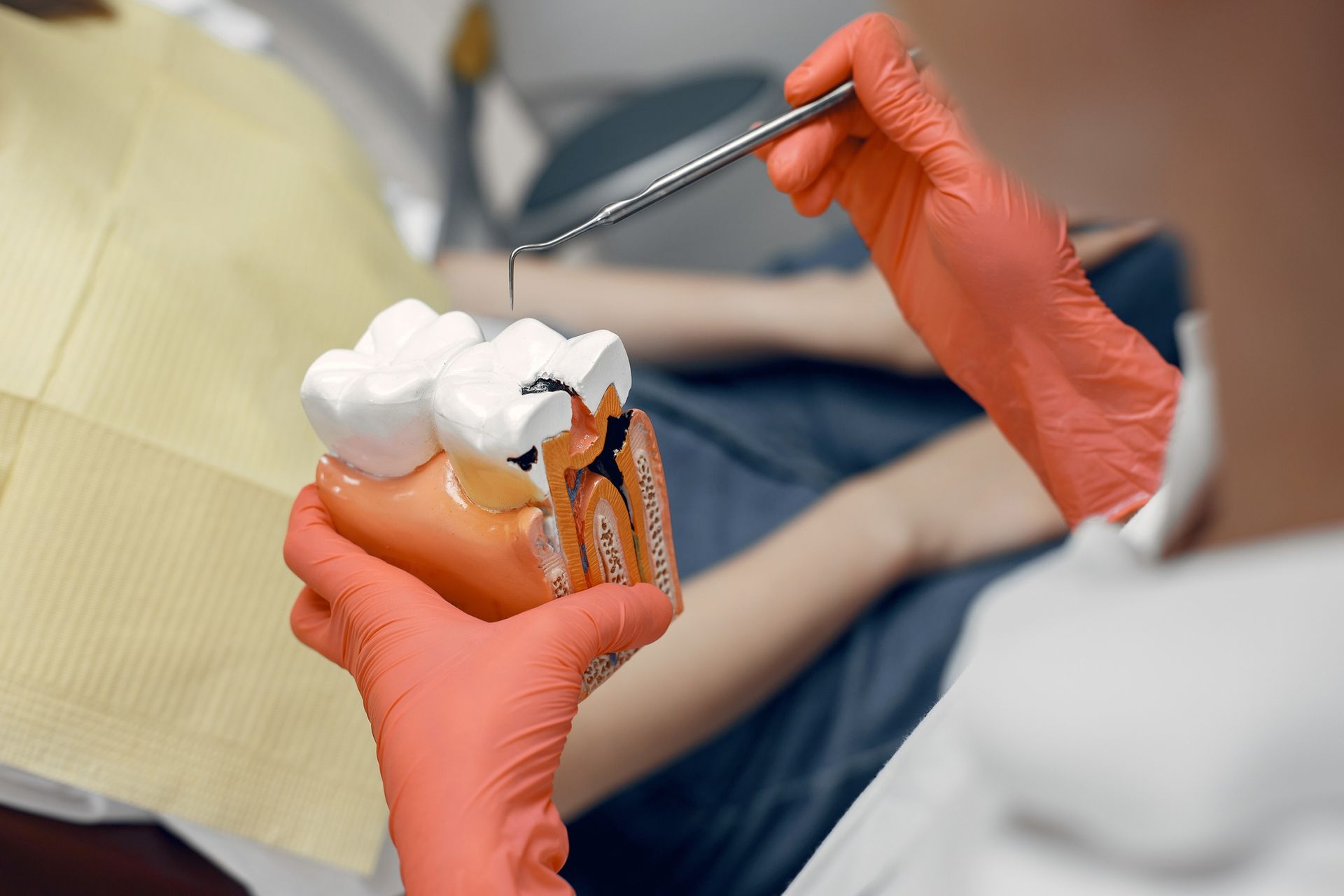Unveiling the Common Risks and Complications of Dental Implants
Dental implants have revolutionized the field of restorative dentistry, providing a durable and aesthetically pleasing solution for missing teeth. However, like any surgical procedure, dental implants come with their own set of risks and complications. Understanding these potential issues can help you make an informed decision and ensure a smoother recovery process. At
Super Smiles 4 Families, we prioritize your oral health and aim to provide you with the knowledge needed to navigate your dental implant journey. Call us today at
(520) 436-0843 to learn more.
Understanding Dental Implants
Before diving into the risks, it's essential to understand what dental implants are. Dental implants are artificial tooth roots made of titanium, which are surgically placed into the jawbone. They provide a stable foundation for fixed or removable replacement teeth. These implants are designed to fuse with the bone over time, creating a secure and long-lasting bond. While dental implants have a high success rate, certain risks and complications can arise during or after the procedure, and being aware of these potential issues is crucial for anyone considering this form of treatment.
Common Risks and Complications
Infection at the Implant Site
One of the most common complications associated with dental implants is infection at the implant site. This can occur if bacteria enter the surgical area during or after the procedure. Infection can lead to inflammation, pain, and, in severe cases, implant failure. Signs of infection include swelling, redness, pain, and pus discharge. If left untreated, the infection can spread to surrounding tissues and bone, leading to more serious complications. To minimize this risk, your dentist will prescribe antibiotics and provide thorough post-operative care instructions, including how to maintain oral hygiene and recognize early signs of infection.
Nerve Damage
Nerve damage can occur if the implant is placed too close to a nerve. This is particularly a concern for implants placed in the lower jaw, where the mandibular nerve runs. Symptoms of nerve damage include numbness, tingling, or pain in the lips, gums, chin, or tongue. In some cases, nerve damage can be temporary, but it can also be permanent, affecting your ability to eat, speak, and feel sensations in your mouth. Accurate imaging and careful planning by your dental surgeon are crucial to avoid this complication. If you experience any of these symptoms after your procedure, it's essential to contact your dentist immediately for an assessment.
Implant Failure
Although dental implants have a high success rate, there is still a risk of implant failure. This can be due to various factors, such as inadequate bone density, improper placement, or excessive force on the implant. Implant failure can also occur if the implant does not properly integrate with the bone, a process known as osseointegration. Smoking and certain medical conditions, like diabetes, can also increase the risk of implant failure by impairing healing and bone growth. Regular follow-ups with your dentist are essential to monitor the implant's integration with the bone. If an implant fails, it may need to be removed, and additional procedures, such as bone grafting, may be required before a new implant can be placed.
Sinus Problems
For implants placed in the upper jaw, there is a risk of sinus problems if the implant protrudes into the sinus cavity. The proximity of the upper jaw to the sinus cavities means that improper placement can lead to sinus infections and discomfort. Symptoms of sinus issues include sinus pressure, nasal congestion, and chronic sinus infections. To mitigate this risk, your dentist may perform a sinus lift procedure to create enough space for the implant. This involves adding bone to the upper jaw to lift the sinus floor, providing a stable foundation for the implant. Proper planning and imaging are essential to avoid sinus complications and ensure a successful outcome.
Minimizing Risks: Pre- and Post-Operative Care
Pre-Operative Measures
- Comprehensive Assessment: Ensure a thorough dental and medical assessment before the procedure to identify any potential risk factors. This includes detailed imaging, such as X-rays or CT scans, to assess bone density and anatomical structures.
- Bone Grafting:
If you have insufficient bone density, a bone grafting procedure may be necessary to provide a stable foundation for the implant. Bone grafting can help regenerate bone in areas where it has been lost, improving the chances of successful implant integration.
Post-Operative Care
- Maintain Oral Hygiene: Follow your dentist’s instructions on maintaining oral hygiene to prevent infection. This includes regular brushing, flossing, and using antimicrobial mouth rinses.
- Avoid Smoking: Smoking can impair healing and increase the risk of implant failure. Quitting smoking before and after the procedure can significantly improve your chances of success.
- Follow-Up Appointments: Regular check-ups with your dentist are crucial to monitor the implant and address any issues promptly. These appointments allow your dentist to ensure that the implant is integrating correctly and that there are no signs of complications.
Ensuring a Successful Dental Implant Journey
Dental implants offer a fantastic solution for restoring your smile and confidence. However, being aware of the potential risks and complications can help you take proactive steps to ensure a successful outcome. By following your dentist's pre- and post-operative care instructions and maintaining good oral hygiene, you can minimize the risks associated with dental implants. At Super Smiles 4 Families, our experienced team is dedicated to providing you with the highest standard of care throughout your dental implant journey. We use state-of-the-art technology and techniques to ensure the best possible outcomes for our patients. Additionally, we offer pediatric dentistry, tooth extractions, and emergency extractions to cater to all your dental needs.
If you have any questions or concerns, don’t hesitate to contact us at
(520) 436-0843. Your healthy smile is our top priority, and we are here to support you every step of the way.
FAQs
For more information or to schedule a consultation, contact Super Smiles 4 Families at (520) 436-0843. We're here to ensure your journey to a beautiful smile is as smooth and successful as possible.
